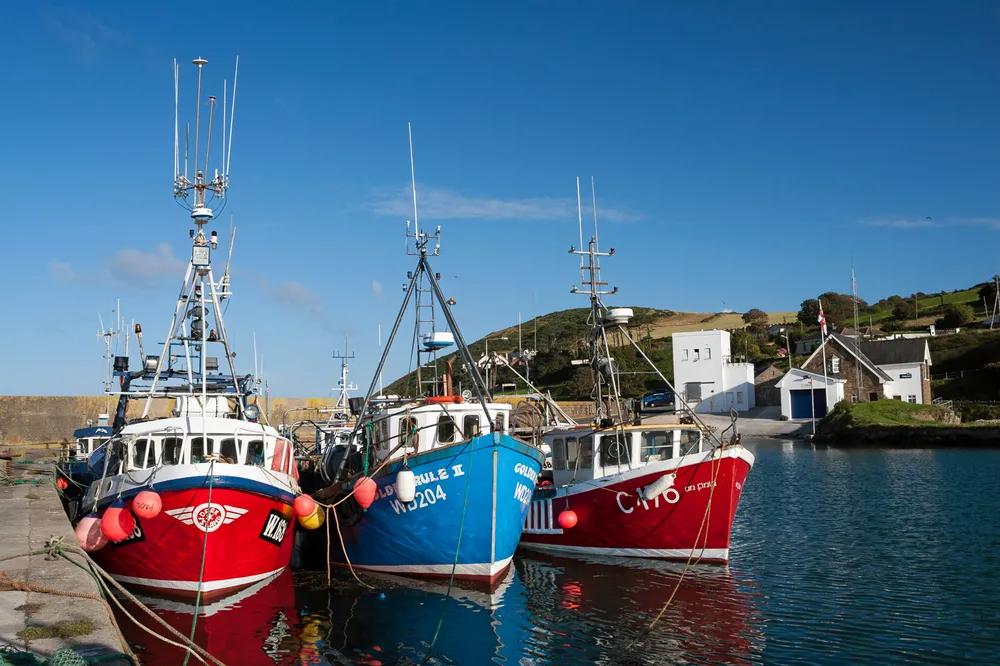RWE pays fisherman to drop legal challenge against offshore wind farm: report
Legal experts say case does not signal 'floodgate concerns' over legal challenges to projects

German energy giant RWE has reportedly paid a fisherman to drop a judicial review he had launched against its $2bn Dublin Array offshore wind farm planned off the Irish coast, while a challenge against another project remains pending.
Toole’s legal costs of around €500,000 ($540,000) were also reportedly paid.
“We understand the importance of this engagement and will continue to work with all involved. Offshore wind and projects such as Dublin Array are essential to Ireland achieving its net zero targets.”
Toole’s ability to secure a payout from RWE may worry other offshore wind developers who fear this could encourage similar challenges – just as Ireland looks to kick its offshore wind ambitions into a higher gear.
Toole has also launched a judicial review on environmental grounds against the 1.3GW Codling offshore wind farm being developed by EDF Renewables and Fred Olsen Seawind that remains pending.
RWE is partnering with local player Saorgus Energy on the Dublin Array project, slated to features up to 50 turbines with 310-metre tip height ten kilometres off the coast of Dublin and Wicklow counties in the Irish Sea.
Toole had been challenging a foreshore license won by RWE to undertake geotechnical and geophysical site investigations and ecological, wind, wave and current monitoring to aid the development of the Dublin Array project.
RWE had begun drilling small boreholes at the site by the time Toole sought an interim injunction against the works.
Toole, whose company sells lobster, crab and shrimp, argued that carrying out the license would upset the delicate marine ecosystem in the area, potentially doing severe damage to Golden Venture in the process.
He also alleged that a vessel chartered by RWE had collided with static fishing gear owned by Golden Venture.
The High Court in Ireland issued an injunction ordering RWE to conduct only passive surveys of the area, suspending the rest of the licence until the case was resolved.
The judge did however note there was a "degree of urgency" to the case given the importance of the Dublin Array to Ireland's net zero targets.
Industry sources have long warned that judicial reviews could negatively impact project timelines.
The judicial review named Ireland’s Department of Housing, Local Government and Heritage as the respondent, with RWE a notice party in the case.
The Department also said it does not comment on proceedings ongoing before the courts.
Garrett Monaghan and Kevin Collins, partners at Pinsent Masons in Ireland, said the legal and planning frameworks for offshore wind in Ireland have been "massively overhauled in the past 18 months and given the speed of this change and related scale of the offshore opportunity, concerns around the use and prevalence of judicial review proceedings are understandable."
On whether the success of Toole's challenge could spur others, they said the case does not "signal a floodgate type concern."
Judicial review challenges are "not undertaken lightly" and the Irish courts will not grant leave lightly either, they said.
A Wind Energy Ireland spokesperson said: “Ireland’s first offshore wind farms in a generation are about to enter the planning system after a successful first auction last year.
“It should be a national priority to ensure our planning system has the resources and the expertise to properly, fairly and robustly assess these applications in time to get these projects delivered by the end of the decade.”
(Copyright)